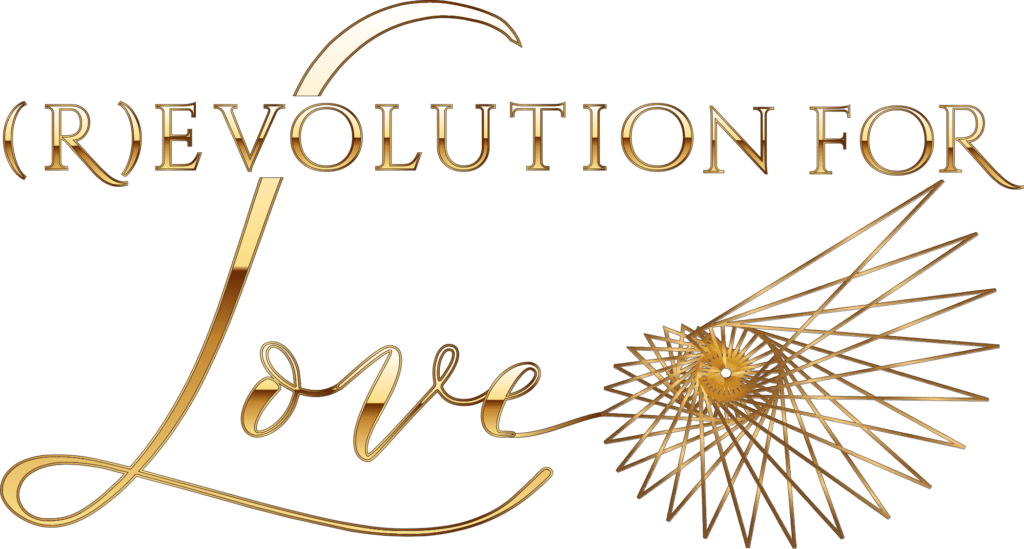Are you wondering, if you should break up? When do you know you should stay together instead? The difficulty is seldom that you wouldn’t know what the answer is. But the answer you are looking for may still be hiding somewhere on the unconscious level.
On top of it are piles of subconscious, restrictive beliefs that stop you from hearing your intuition. If you are thinking whether or not you should leave or work on your relationship, this article is just for you. Nobody can tell you if you “should” leave or stay in your relationship. I believe this article will give you tools to tackle thoughts that you need to tackle before you make the decision, regardless of whether it is to stay or go.
Both are decisions.
After you have read this article, you may want to explore the theme further in the free e-book. Or the book The (R)evolution for Love: A Better Relationship or a Brilliant Break Up?, a gentle but straightforward guide with plenty of real-life examples.
It is highly likely that the only thing between you and your decision, what you already really know and feel, are your fears.
Your unconscious mind already knows the answer, and it also determines 95 percent of your actions. No wonder then if you spend years toing and froing between the decisions to break up and to leave?
You can’t find the answer that will guide you in your real life until your conscious mind connects with your subconscious.
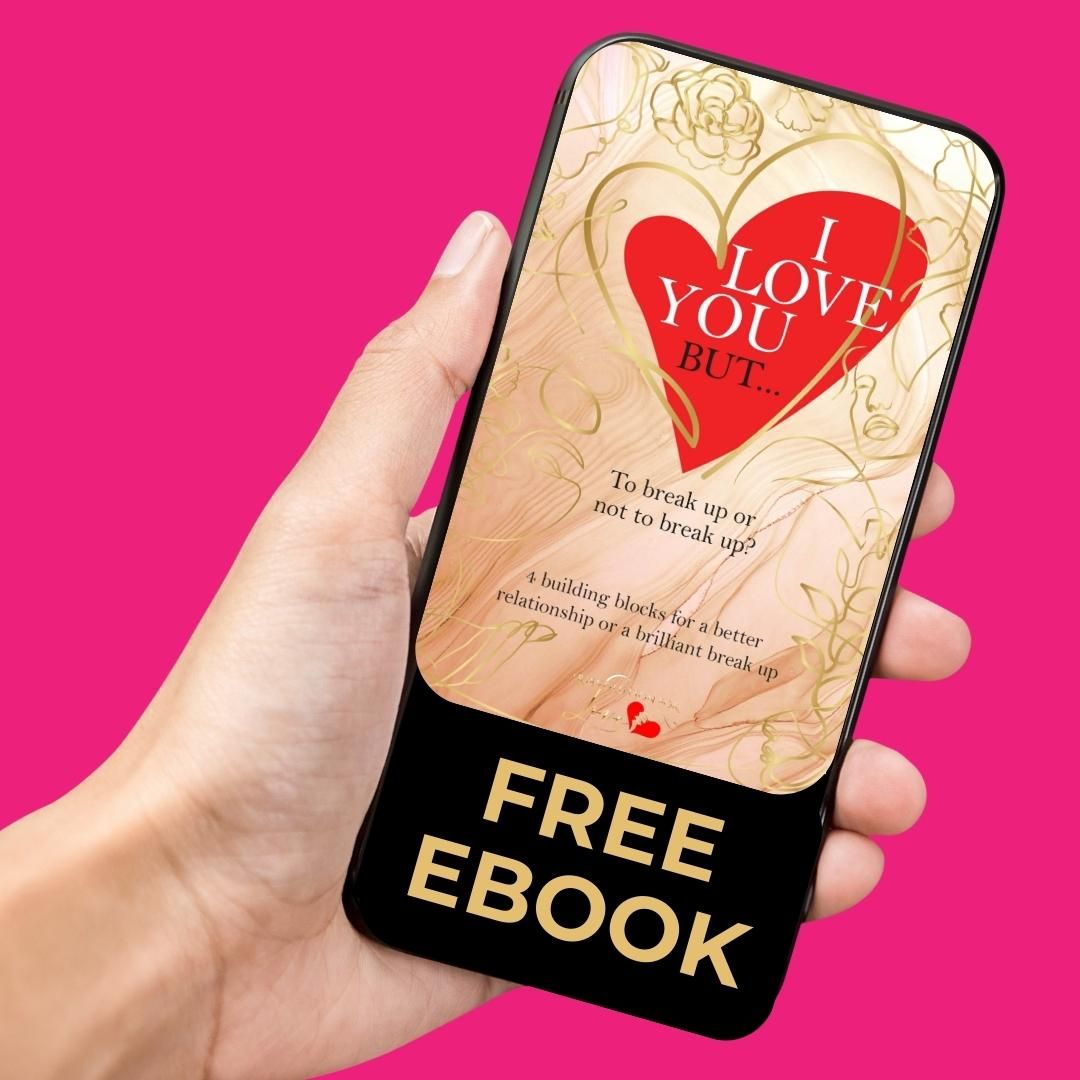
FREE EBOOK ‘I love you but…’ – To Break Up or Not to Break Up?
Refocus your energy now to improve your love life! This FREE ebook ‘I love you but…’ will help you move towards a better relationship or
The conflicts between the conscious and unconscious mind surface in relationships. In which we want to feel completely loved even if we dare not make ourselves completely visible even to ourselves.
People resort to their conscious mind and rationalise our emotions and fears, which come from our unconscious mind. We tried to explain away anything unpleasant or troublesome that does not fit with our conscious mind and our ego. We build walls to protect the illusions held by our minds, although the only thing we need to do is to be present to ourselves.
Everyone has walked the path of raising our consciousness, even if we want to protect ourselves from it. This is why retracing our steps back to ourselves can seem a difficult and slow process.
This is what may be holding you back in your loop of thoughts for years on end: to break up or to stay?
You have probably googled yourself to this article, which means you probably know the answer that you are looking for. That answer can be found in yourself. All I can tell you is how you can find that answer. How you can connect with your subconscious messages that may be leading you on the right or the wrong path. Whatever right or wrong means to you.

THE FEAR OF BREAKING UP: “I’m too ashamed to leave.”
Some people stay in an unhappy relationship because of the shame and fear of breaking up. Break-up fear and and shame is common. Why?
Why is it so difficult to know when you “should” break up and not stay together any longer?
How to you know if your break up fantasies are just idle thoughts? What if the way out from the painful situation is staying together with your partner?
When should you break up: Usually it is only a matter of admitting to yourself what you already know or your body is already telling you.
It is a question of silencing your ego and trusting your real self enough to make the decision to break up. Without knowing in advance what the practical consequences of that decision are.
In this article, I’ll try to answer the frequently asked question: How do you know when it’s time to break up? I will also share some of my insight into how the power of intuition and the subconscious could be utilised. To understand when the best option is to break up and not to prolong the agony any longer with your partner.

What is an open relationship? Does it lead to breaking up?
What is an open relationship? Who are non-monogamous open relationships for? Is your partner suggesting consensual non-monogamy?
I am a clinical hypnotherapist and accredited NLP Trainer coach with decades of experience. Experience in managerial roles and self-management in large organisations under my belt.
I have made the long journey from living the narrative of my ego to living my life as my genuine self. That is why I believe I know something about methods that could be useful for you. I will give you new tools to think about your decision on a deeper level instead of the traditionally accepted reasons for breaking up.
The other blog articles about coming to the decision to break up or not to break up can be found under the To Break Up or Not to Break Up theme. Also remember my book The (R)evolution for Love – A Better Relationship or a Brilliant Break Up?, which you can order here.
When should you break up? When is that moment you know that you “should” break up?
The challenges in improving your relationship or reaching the decision to break up seem to be more common than we would expect. And yet we all think our situation is so unique that you can’t talk about it even to your closest friends.
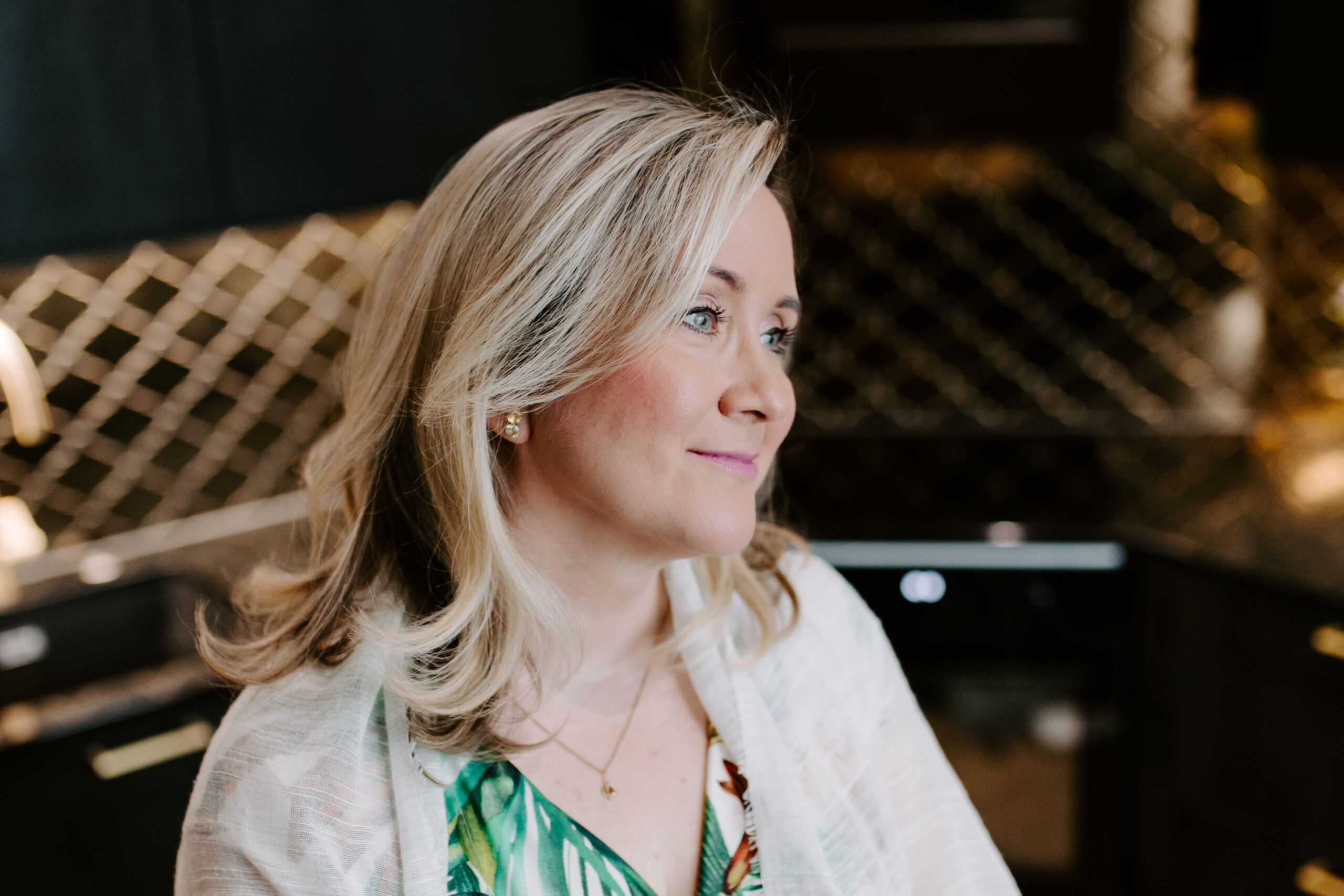
Be aware of the impact of stress on your relationship
Stress symptoms and the impact of stress. If you have to manage you partner’s stress, yours is not a love but a care relationship.
After my divorce, people were initially curious to know the reasons for my divorce and how we managed the practicalities. Since then, more and more people have been contacting me to discuss their concerns regarding breaking up.
The questions I get asked are often:
- Should I leave?
- How do you know that breaking up is the right thing to do?
- Do we keep trying to save our relationship?
- How to improve a long relationship?
- What to do if your partner is cheating on you?
- What to do if you cheated on your partner or are tempted to do so?
- When at the very latest “should” I break up?
- When “should” I absolutely not break up?
- What if I regret my decision to leave?
These were exactly the same questions I kept asking myself over a number of years. And these were the questions that the men and women I interviewed for my book have been asking themselves. Some of my interviewees lived in happy relationships, others were suffering in unhappy ones.

Can secret affairs and one-night stands keep a relationship alive?
The love and passion in a secret affair can be the most amazing thing to experience. What reason is good enough to have a secret affair?
Some had left a relationship that had on many levels been quite happy and yet on a deeper level left them hopelessly empty. The (R)evolution for Love – A Better Relationship or a Brilliant Break Up? is a book that contains the views of a hugely diverse set of people. Read the reader reviews here.
You do know when you should break up, don’t you? You know when there is reason to stay together.
Breaking up isn’t something you “have” to do. You’re “allowed” to break up just like you are “allowed” to work on improving your relationship. Objectively, both options are equally valid. Your subjective choice is based on your values and your fearless attitude towards life.
Once you have stopped being afraid of the subconscious monsters you are free to start from a clean slate and make any decision you like.
To be or not to be, is that really the question? Is that it? When we make decisions, wanting all available and relevant information to support the process would stand to reason.
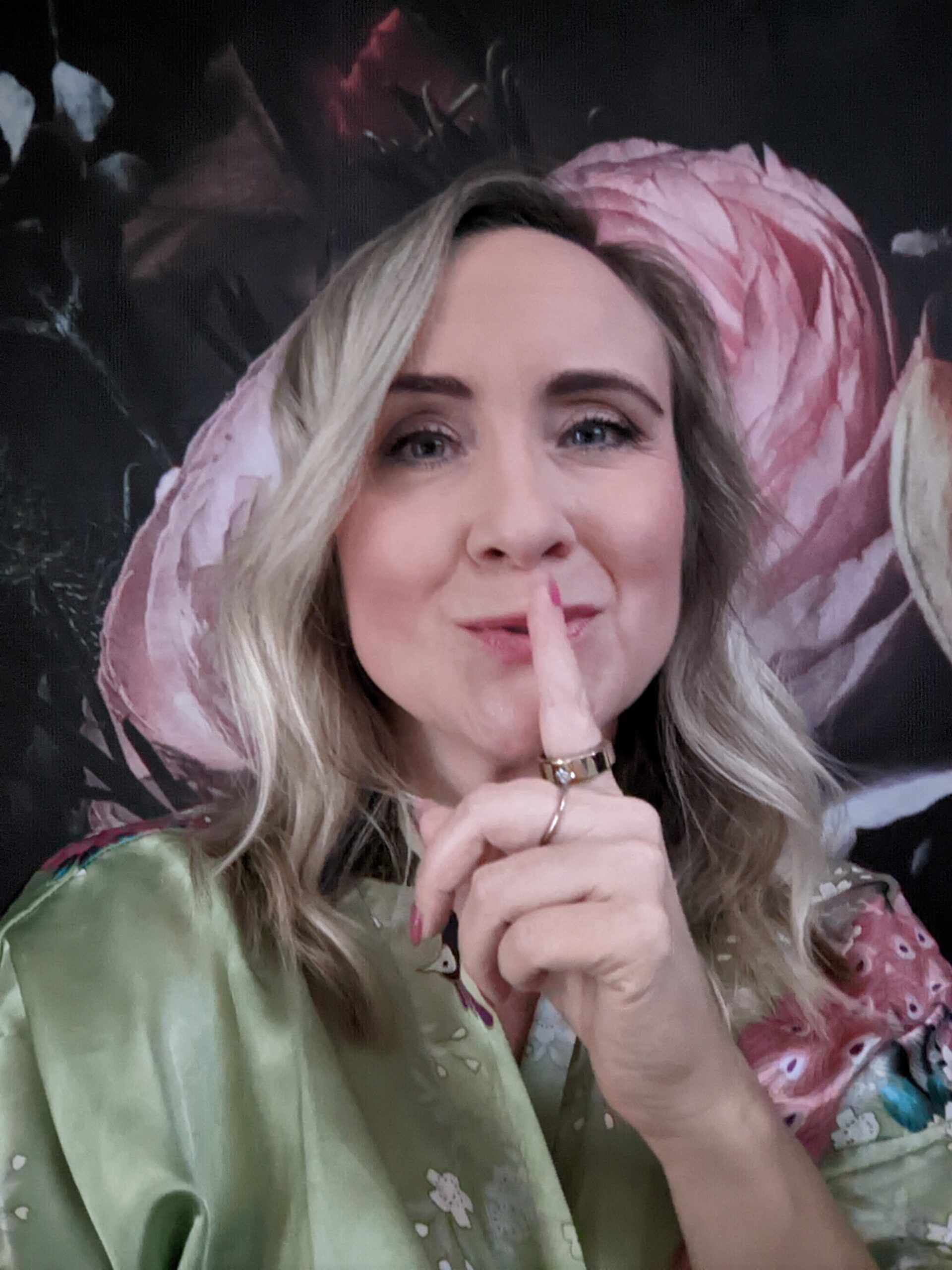
CHEATING: At what stage of evolution is your relationship?
How common is cheating in relationships? Is cheating the cause or the consequence of relationship problems and can it be stopped by love?
However, as psychologists Kaitlin Woolley and Jane L. Risen showed in their 2018 study, we are in reality ready to forgo even crucial information to protect our feelings and experiences. In one of their experiments, the participants initially chose not to know the calorie content of a tempting dessert. But once they were given the fact, which they had intuited would be uncomfortable, they used that knowledge to decide whether “to eat or not to eat”.
Could we be protecting ourselves from a decision concerning the future of our relationship that we already know to be right?
So, what is that crucial answer that you are looking for but don’t really want to know?
Why do we hesitate to make a decision although we already intuitively know whether we should or should not break up?
The study referred to above found that people avoid facts particularly before making a decision, which is when facts would be more necessary than ever. Instead, we see everything clearly after the decision has been made: “What took me so long to see…”

Open relationship – just an option among many others?
What is an open relationship? What could we all learn from them? Do people in open relationships not experience jealousy?
Making a decision and breaking up is are scary. It is difficult to accept all the root causes for wanting to break up. It doesn’t help that we already know them intuitively and feel them in side. Something we want to procrastinate, telling our selves “As soon as I’ve…”. Isn’t that how we begin the sentence when we want to procrastinate. In fact, I’ve named the chapters in my book accordingly:
- But…
- …and what about…
- As soon as I’ve…
- Now that I…
This is the loop we repeat until we give in to ourselves. Trust your intuition. “But what if my intuition is wrong?”, is probably your next question.
When should you break up: “But what if my intuition is wrong?”
This type of difficulty of making decisions is precisely why we should practice listening to our intuition. Consciously apply your intuition in as many decisions as possible, starting from the smallest, mundane questions.
As your internal resources and intuitive decision-making ability improve, you will eventually learn to know and feel whether or not you should break up.
One of my interviewees for the book described the moment like this:
"After pointlessly arguing with my partner about something stupid, I decided to go for a run just to sweat the anger out. I climbed up a hill really fast and sat down on a bench in front of this building, with my face towards the sun. Closed my eyes and I let myself just be there and enjoy the gorgeous autumn sun. I noticed what difference there was in the way I felt between being in the presence of my partner and sitting there in peace. It was then that I suddenly, quite unexpectedly, had this really powerful intuition that I want a divorce. I'd no longer just play with the idea and would start the process for real and not put if off another second. I didn’t want to spend a day longer sulking at another person, arguing about rubbish, or doing anything that unfailingly made us both feel bad. It was a very powerful but beautiful and calm feeling, and a strange and confusing one as well. I understood the significance of the moment about six months later. When I happened to walk up the same hill only to notice that the building I sat in front of six months earlier was where I was viewing my potential new home. I have now lived in that building for some time, and I still look at that bench with such sense of relief. It is the symbol of my freedom.”
From Kati Niemi: The (R)evolution for Love – A Better Relationship or a Brilliant Break up?
The (R)evolution for Love – A Better Relationship or a Brilliant Break Up? is a book full of real-life experiences of what the moment of arriving at a decision feels like.
Some talk about a feeling, others about knowing. For me, both are equally real and present, and I prefer talking about knowing intuitively. Knowing intuitively is closely associated with sensations and feelings, which is why it is perfectly clear to talk about intuition as a feeling. I have named one of the chapters in the book Feeling your way around.

HOUSEWORK AND SEX: relationship problems or happiness?
Housework can be the biggest reason for couples to fight or even to break up. It could just as well be a source of wellbeing. Like sex.
I guess that’s pretty much what intuition is in common parlance.
How do you know that breaking up is the right thing to do and can I really intuitively trust my decision to leave, which feels right? Are we right to stay together if nothing changes after all?”
Like any other skill, we can exercise and strengthen our intuition well before we make the decision about breaking up. Therapists and coaches will provide support when you learn to listen to your intuition and work towards more successful and sustainable decision-making. Choose professionals who specialise in the theme of breaking up. Who have the skills to guide you to use the full capacity of your mind to find the answer that speaks to you. Hypnotherapy focuses on connecting the different levels of the mind in a way that supports the person’s individual situation.
Hypnosis is an altered state of consciousness, a trance during which the person’s brainwave patterns fall within the alpha and theta range.
If you attempt to make decisions only in normal waking consciousness, on beta brainwaves, you are not making use of your full potential.

Is the most important thing in a relationship love? Sex? Intimacy?
What is the most important thing in a relationship? What can you expect from your partner? Does there have to be sex in a relationship?
Nobody apart from yourself will know what the right answer for you is. You, on the other hand, will find the answer that is already inside you only to be found. Even at a time of uncertainty, that answer will feel right. As a hypnotherapist, I can help you reach the optimal brainwave ranges. In the alpha state, you are in a normal, relaxed state. In the theta state, you will reach a deeper state of relaxation. It is a state in which you are open to yourself.
There are many ways to practice the interpretation of feelings and sensations and the use of intuition, either on your own or with a coach.
If this is all Greek to you, I suggest you meet up with a coach for a couple of times to get started. After getting the hand of it, you can practice many things independently.
You don’t have to attend extensive courses. All you need are some of the most effective tools to work with.
In physical exercise, six-pack doesn’t happen overnight and without hard work. In mental practice, you are also the one who “has” to do the work.
With the right mentor, learning is that much easier.

IMPROVING YOUR RELATIONSHIP: Tips for a better relationship
10 tips for improving your relationship – Here’s how to make an already good relationship permanently better
This is particularly true if you are working on a “larger than life” decision, such as whether you should break up with your partner 🙂
Even working to improve your relationship on a permanent basis requires a decision that is based on your values and serves you in the long term.
Just deciding not to leave does not make your relationship any better.
Your relationship can improve only if you really consciously realise that it is for your own good.
If you keep floating in the apparent lightness of indecision your unconscious mind and subconscious will be in conflict with your “decision” that you made on the level of consciousness.
Remember that only 5 per cent of your consciousness is under your control.
For you to move in the right direction, you need to align with your inner self.
All else is pointless struggle against your own self.
Your intuition will grow stronger through practice.
Personally, I have learnt to edit my emotions, manage my moods and strengthen my intuitive skills as part of my NLP and hypnotherapist training.
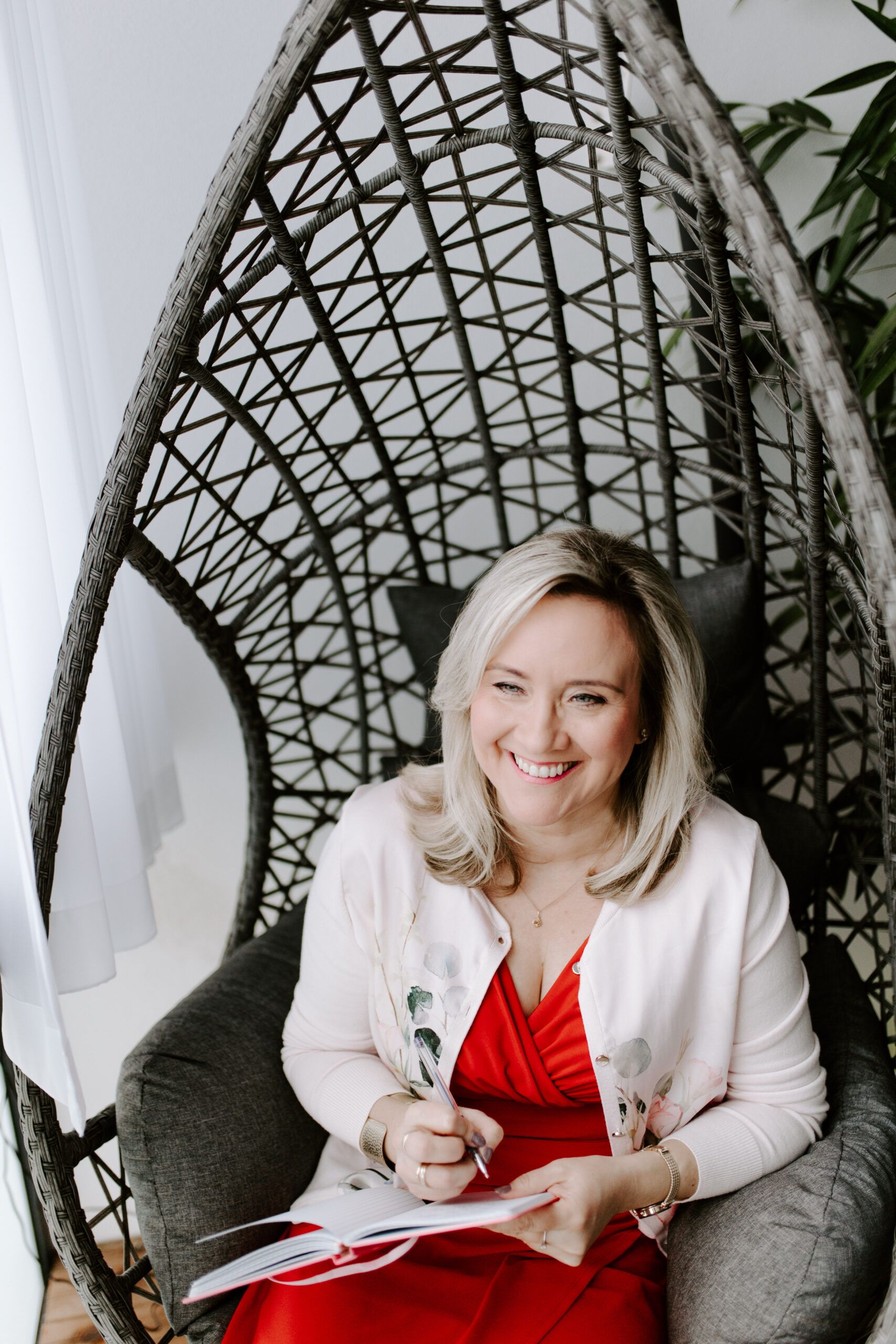
Long-Term Relationship Tips – How to Relight The Spark!
How to get the spark back in a long-term relationship? How to reignite the flames between you? Good tips to refuel the fire with the spouse!
Both methods utilise intuitive knowing. Hypnosis helps you harness the power of your subconscious more effectively.
NLP exercises are carried out in normal waking consciousness without a hypnotic trance. However, many NLP exercises are more effective if you are able to descend into deep, meditative state.
Similarly, during hypnotherapy you can use NLP techniques as long as your hypnotherapist master NLP techniques are you are ready to try actual mind shifting while in trance.
I’m a trained clinical hypnotherapist and an accredited NLP Trainer coach. My studies as a coach in mind skills also included the methods of cognitive behavioural therapy (CBT) and Gestalt therapy.
I approach “mental problems” with great seriousness without forgetting a healthy dose of humour.
Coaching is my passion and I want to help my clients with all my heart.
While studying and training in these fields, I have enjoyed learning more and more about the methods. A self-confessed eternal student, I love being able to offer my clients new tools to uproot their restrictive beliefs and to improve their wellbeing.
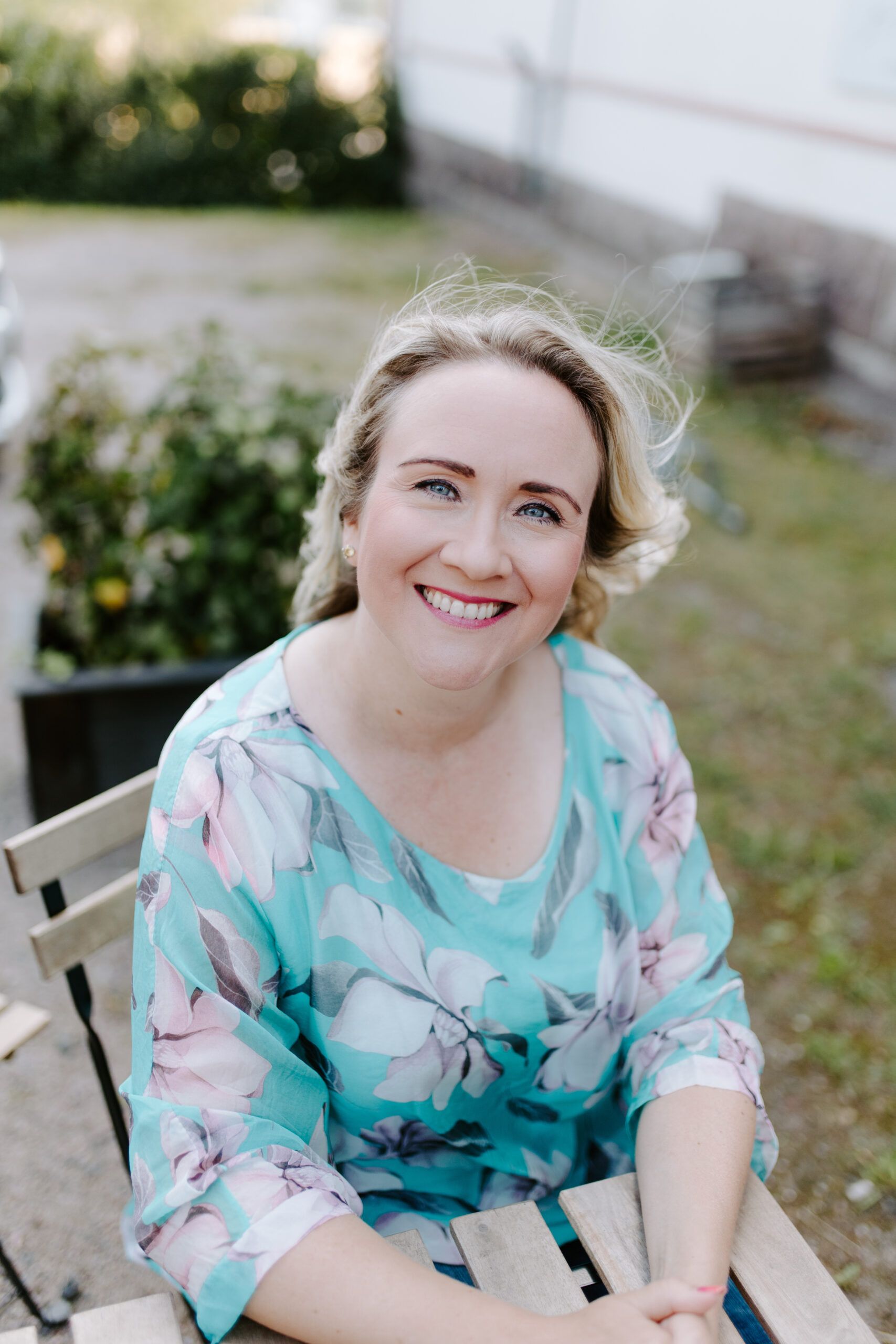
How to improve your relationship in seconds?
If you think there are no quick and easy ways to improve your relationship, think again. Find out how to improve your relationship in seconds.
Don’t hesitate to be in touch if you are looking for personal guidance in deciding about the future of your relationship. Recovering from a divorce or break up or to permanently improve your relationship.
A relationship is between two individuals, and it can’t be more than what those two individuals bring into that relationship. Through self-development and with the power of your conscious mind, subconscious and intuition you will find you are able to improve all your important relationships. With improved personal resources, the resources of your relationship will also increase, if that is what you wish.
How do you know that breaking up is the right thing to do, if your own intuition is only confusing you?
Intuition should not be confused with “ordinary” feeling or sensation, which come and go. Intuitive knowledge and feeling are more permanent, more stable and calmer. Even if our intuitive knowledge rewards us with a sudden light-bulb moment or the best idea ever, this is not a passing moment or a vague vision. Rather than a firm ‘sense’ on being on the right track. The worlds most talented scientists and artists are great examples of people who make use of their intuition.

How to Make Your Long Distance Relationship Work?
Having a problematic long distance relationship? How to make a long distance relationship work during lockdown?
At that point, you don’t question the sources of your knowledge or look for justifications or counter arguments. This doesn’t mean that following your intuition isn’t nerve racking. Breaking up is scary for most, and fear can seriously mess up your intuition. But if you learn how to listen to your intuition, you will start to hear it more and more. Eventually, following your intuition is not that scary anymore. Especially if you have tested and practiced your intuition in less dramatic contexts first.
The difficulty is seldom that you wouldn’t know what the answer is. The hard part is to have the courage to make that decision without knowing in advance where exactly that decision will take you.
When should you break up: Does it take courage to break up?
Making the decision to break up takes courage, but so does staying and embarking on a journey to improve your relationship! If you want to improve your relationship on a deep level and permanently it takes courage to face up to yourself first and then the courage to be closer to your partner despite all the pain in the past.
When deciding on the future of your relationship, you are probably weighing the pros against the cons. Breaking up is not a result of a quick and easy decision. Staying together requires equally thorough analysis. Neither choice is easy and therefore many, unable to make a move, remain stuck in a grey and lukewarm relationship. Nothing changes if you change nothing. No truer words were ever spoken.
Being afraid of deciding is more destructive than making the wrong decision.
Especially when there is no such thing as a wrong decision. That is, if you make your decisions listening to your intuition and not in a moment of rage having just caught your partner cheating on you.

Are relationship problems simply just stress and lack of sleep?
Why does stress and lack of sleep cause problems in a relationship? Or do bad relationships cause stress and sleeplessness? How to get help?
Our brains are plastic: they adjust and change throughout our lives depending on what we feed them. This is why our brains can adapt to an unhappy relationship so “well”. The longer we stay in a bad or unfulfilling relationship the more passive we become towards all the aspects of our lives.
Before you give up on your decision and call it a day. Before you reschedule the change until some unknown time in the future (“as soon as you’ve…”). Remind yourself how your brain and your entire physical wellbeing are affected every day by how you feel.
I shan’t list all the physical symptoms and ailments that an unfulfilling or stressful relationship can cause in a lifetime, besides unfulfillment and stress. You can read more about them in my 374-page book. Which does not leave a single stone unturned when discussing the ins and outs of the usually most difficult moment and culmination in any relationship. Reader reviews on the book can be read here. Find out more about the impact of stress on a relationship and, for example, your sex life, from these blog articles:
- How managing stress can give you better sex, a better relationship and a better break up
- Spot the signs of negative stress in your relationship on time
If you are thinking whether you should break up or stay together: promise yourself you will make that decision out of love and not out of fear!
The very thought of breaking up may fill you with terror, you will probably feel that staying in the relationship must be the right alternative. The more you believe in your restrictive thoughts the poorer you perceive your chances and options. But how could you possibly really know whether the right thing to do is to break up or stay together?

How do attachment styles affect adult relationships?
What is an attachment style? How the attachment style you have developed affects your relationships as an adult.
Somehow the relationship feels uncomfortable and yet there is nothing really wrong with it. A feeling much more common than you can imagine.
I have written a positive book about breaking up aimed specifically at those who are afraid to read it. Happily, many have read my book and I’m thrilled by the positive and encouraging reader feedback. I have written the (R)evolution for Love for those who are afraid to look at their relationship from different angles. Without jumping into conclusions and without hesitating to dive deep into the analysis. It’s written for those who are scared of the possibility of breaking up or of throwing caution into wind to improve their relationship.
I’ve written the book out of love for those who are petrified of profound love towards their partner and themselves.
These people are likely to benefit from the book the most. Judging by reader reviews, the book gives new, fresh insights into the decision-making process. Instead of spoon-feeding simple solutions that probably are irrelevant or unsuitable for most situations and relationship histories. One size fits nobody.
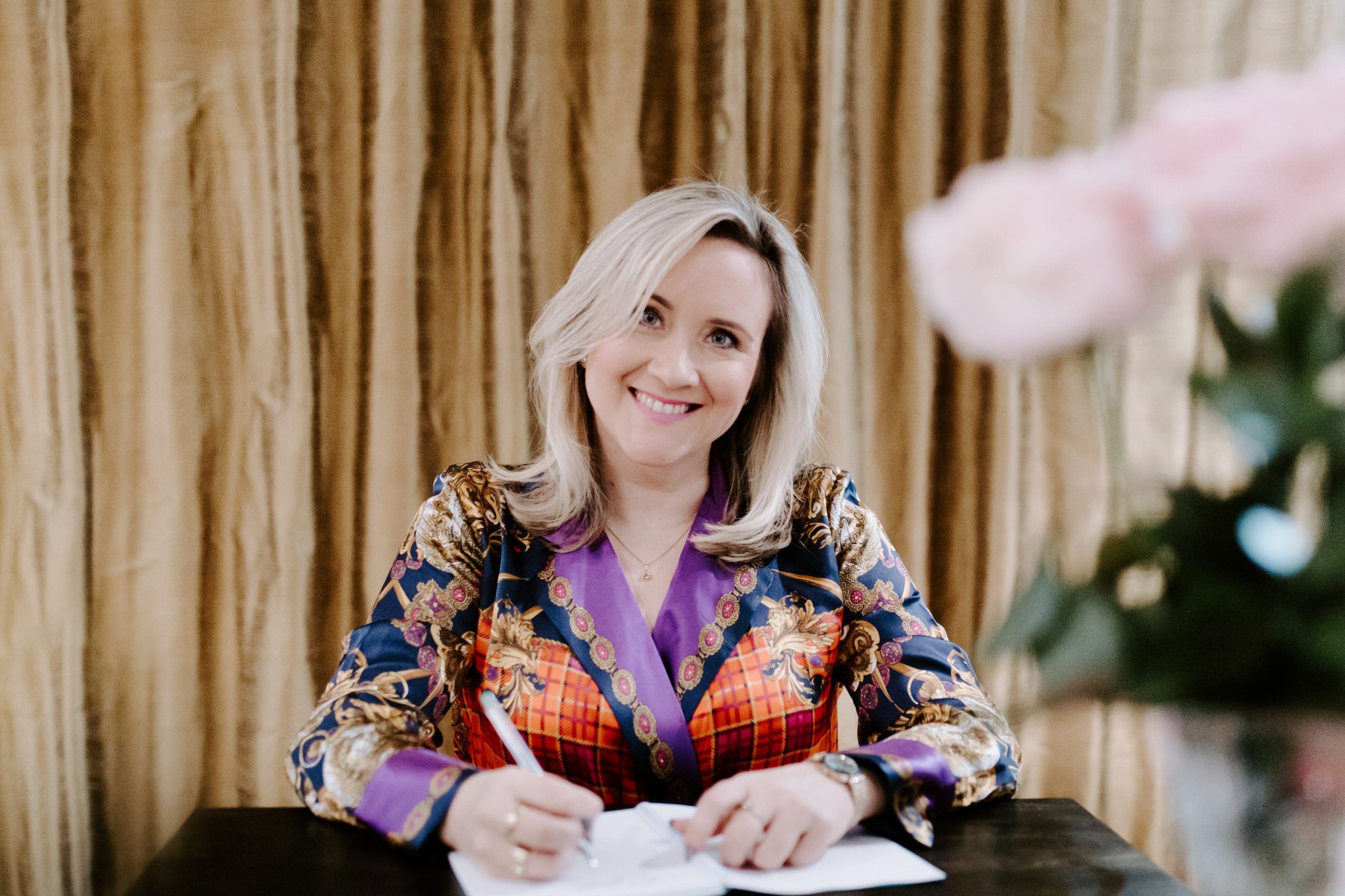
Online Coaching
Happy to help you! Welcome to book your online coaching session with the certified Coach, NLP Trainer, and Clinical Hypnotherapist Kati Niemi! Please select your
I wrote every word and thought in that book with love and warmth, from my heart. For you who are wondering which direction you should take in your relationship.
The book is for you who are wrestling with yourself and having endless conversations with your best friend about whether or not you should break up.
Hypnotherapy can help you decide about your relationship
So even if you find the idea of breaking up scary, don’t hesitate to grab this popular book and read it. Remember that hypnotherapy is one powerful tool in conquering your fears and building your strength. You may know of someone who has managed to get rid of a phobia, which is essentially a “fear of being afraid”. Hypnotherapy is also effective in addressing other fears, such as that of breaking up a relationship.
If the idea of breaking up is scary and you are not in a position to book a hypnotherapy session with me right now, you might read my book instead. In that book, I have compiled a wealth of wisdom shared by my numerous interviewees.
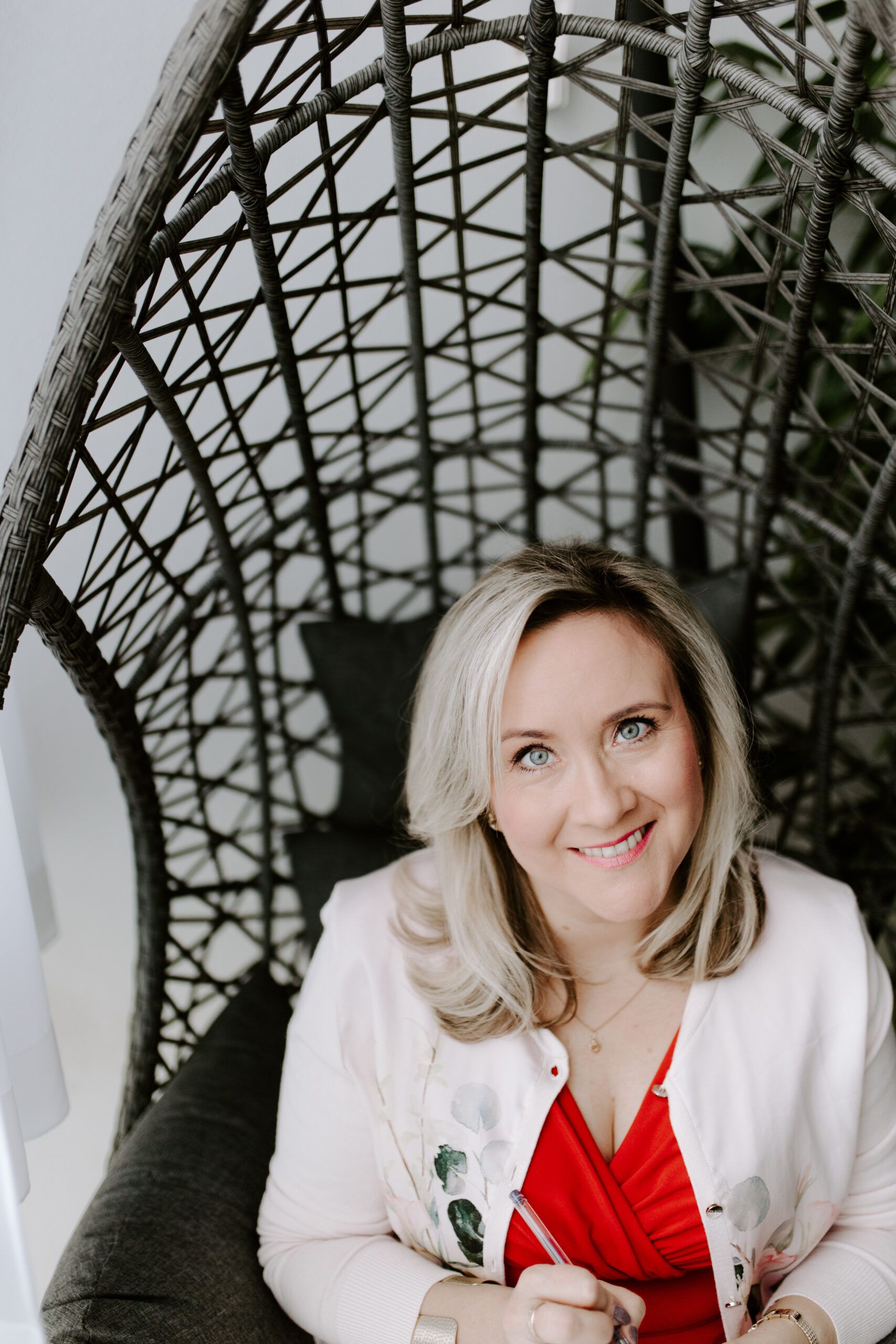
PATHOLOGICAL JEALOUSY – How much jealousy is too much?
Am I too jealous? What is pathological jealousy? What causes jealousy? Narcissism, jealousy and breaking up.
The book is unlikely to put you in a hypnotic, relaxing trance 🙂 but, based on feedback, the book and its 57 mental exercises completed at your own pace in the comfort of your own home will help you feel less scared about breaking up as you may currently do. And once you are no longer scared, you have more courage to be to your partner who you really are. Then, and only then, you are able to achieve a better relationship – if that is what you wish.
The new realisations will make you see the positives of your relationship and enjoy building your relationship anew. Alternatively, you will gain the necessary strength to leave and build a better life on your own, on your own terms.
Why should the option of breaking up be approached positively and with acceptance, even if your wish is to stay together?
There is a high likelihood that allowing yourself to contemplate breaking up will help you consolidate the foundations of your relationship.
Why is that?

How to improve your wellbeing through self-development?
Science has revealed: some adults are not mentally sufficiently developed. How to improve your wellbeing through self-development?
Because then your arguments and at times dreary life as a couple is not a threat to your sense of security.
If you are constantly afraid of rejection, it is difficult to be your authentic self to your partner. So if you want to be seen and accepted by your partner, you must be able to open up and expose yourself to potential rejection. Here is the logic behind the book The (R)evolution for Love – A Better Relationship or a Brilliant Break Up . Its primary aim is to encourage people to make a decision about what they want in life: to invest more in their relationship or to leave.
Both decisions should be based on love and freedom, not your fear of your partner, other people or your own self.
Are you trying to decide between breaking up or staying together?
How do you know that breaking up is the right thing to do?
The (R)evolution for Love – A Better Relationship or a Brilliant Break Up is not a book that gives you ready answers. Instead, it asks you to think about hundreds of questions and introduces new, positive thoughts about relationships and breaking up. It helps the reader to unearth their fixed ideas and rigid beliefs so that they can themselves begin to think and to discover the answers they are looking for.
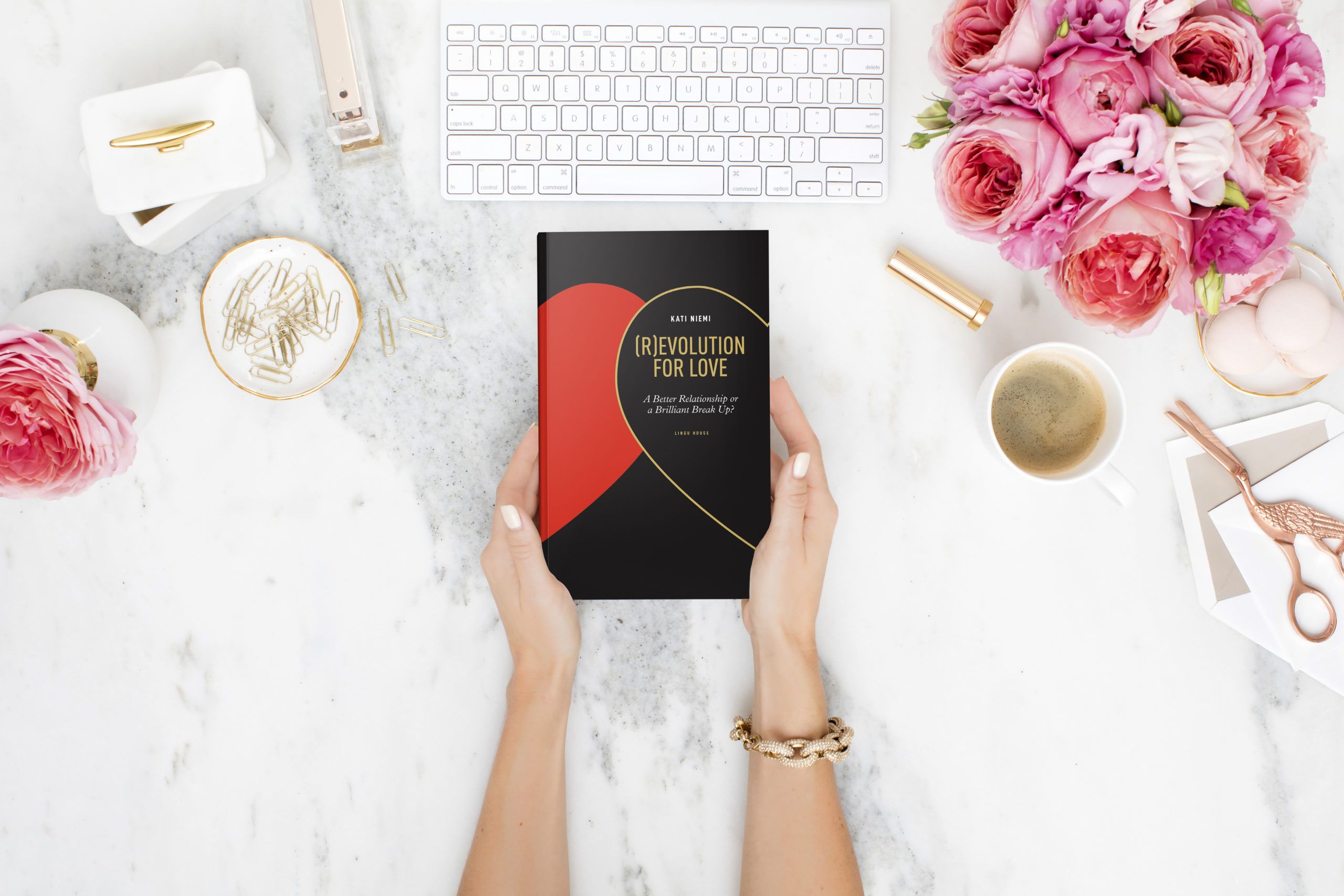
“FIVE STARS!” Book reviews: (R)evolution for Love (Amazon Books)
“Five Stars!” Editorial reviews and reader reviews of (R)evolution for Love – A Better Relationship or a Brilliant Break Up? Amazon books
The book includes plenty of true stories about happy and unhappy relationships and break ups as told by the men and women I interviewed for the book. They serve as eye-openers for the readers to see their own relationship problems more clearly. It is so much easier to mend your relationship once you know what’s broken.
How do you know that breaking up or staying together is the right thing to do?
Countless relationships come to an end every year. In even more relationships, one of the partners is contemplating leaving, as we speak. You are not alone. The divorce statistics of most countries tell their dismal tale of the state of our relationships. The statistics are clear: How many of you will be breaking up with their partner this year?
In completely understand that it is difficult to picture yourself in that moment when you know for sure if you should or should not break up with your partner. Be in touch if you need personal support from me. I’ve help numerous people with their relationships as well as those who find it challenging to be single. I’m happy to meet you at a suitable time.

Motivating You to mindshifting in many ways,
Your Coach Kati Niemi
Clinical Hypnotherapist, NLP Trainer, M.Sc.
[email protected]

“FIVE STARS!” Book reviews: (R)evolution for Love (Amazon Books)
“Five Stars!” Editorial reviews and reader reviews of (R)evolution for Love – A Better Relationship or a Brilliant Break Up? Amazon books

FEEDBACK TO LOVE! Reader reviews (Book+Blog)
RELATIONSHIP GUIDE: BOOK REVIEWS – We are blown over by the feedback the (R)evolution for Love relationship blog and guide have received. WOW!
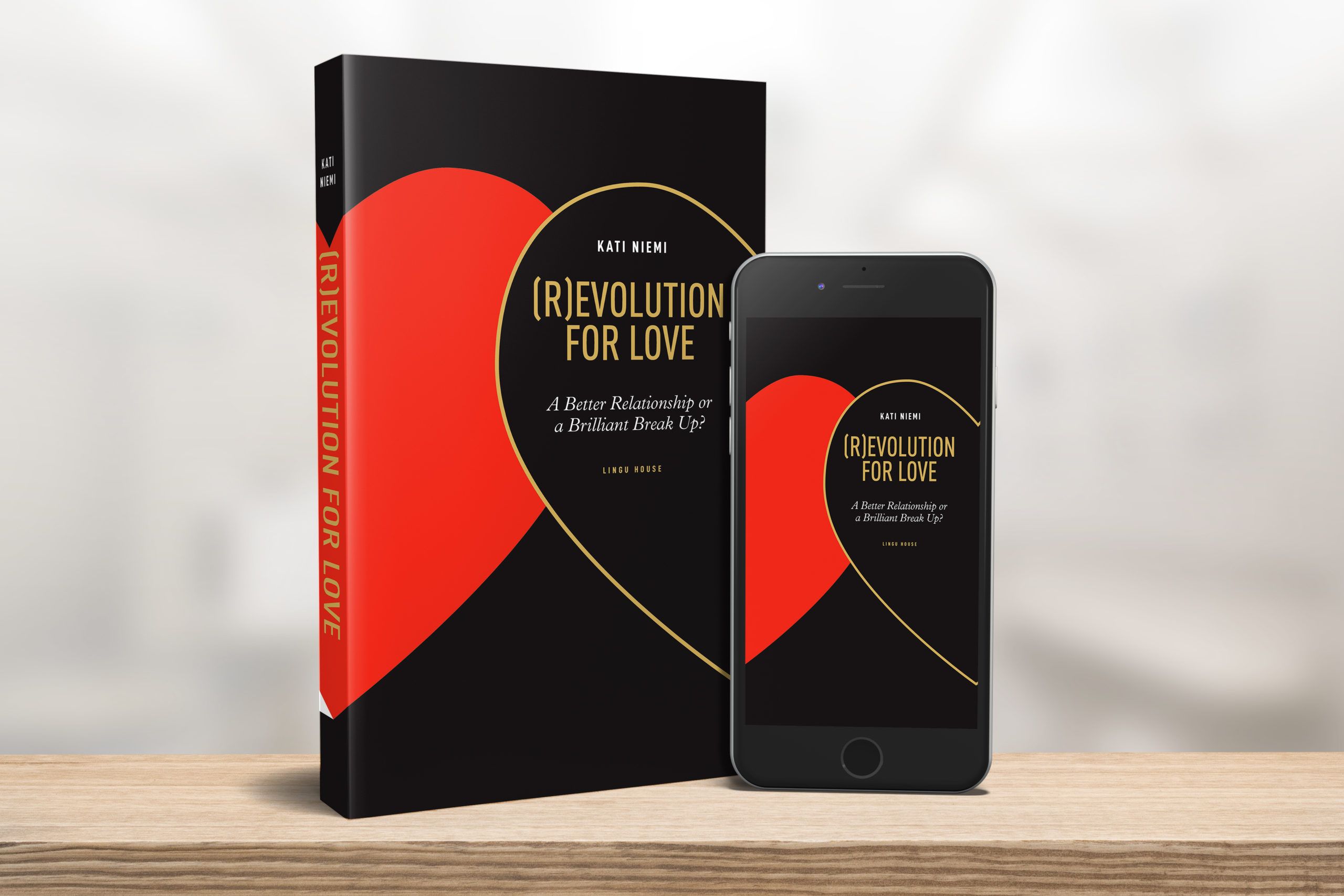
FREE AUDIOBOOK: Audible, Google Play and other stores’ free trial
Audiobook lovers benefit from FREE trial periods of book stores. Enjoy (R)evolution for Love on Amazon Audible, Google Play & other stores

FREE EBOOK ‘I love you but…’ – To Break Up or Not to Break Up?
Refocus your energy now to improve your love life! This FREE ebook ‘I love you but…’ will help you move towards a better relationship or

How to improve your wellbeing through self-development?
Science has revealed: some adults are not mentally sufficiently developed. How to improve your wellbeing through self-development?

Why does our conscious mind question the power of the unconscious mind?
Is the power of the unconscious mind fake news and is trying to harness it to achieve our full potential a waste of time? What do we mean by the unconscious mind?

INFIDELITY and the collected excuses: The good reasons for cheating
CHEATING: What is a good reason to cheat? What do the cheated partner, “the other woman/man” or the cheater choose to believe in?

What is an open relationship? Does it lead to breaking up?
What is an open relationship? Who are non-monogamous open relationships for? Is your partner suggesting consensual non-monogamy?

Narcissism in a Relationship: “How to Know if My Partner Is a Narcissist?”
What are the signs and causes of narcissism? Can you make a relationship with a narcissist work? Can you heal a narcissistic partner?

Aromatherapy for Libido & Romance – The Best Essential Oils for Love
Sense of smell influences our sexual desire and performance. Aromatherapy tips and the best essential oils for romance, libido, sex and love.

When positive thinking becomes toxic
What is too positive thinking like? Where should we focus the power of our mind and our willpower?
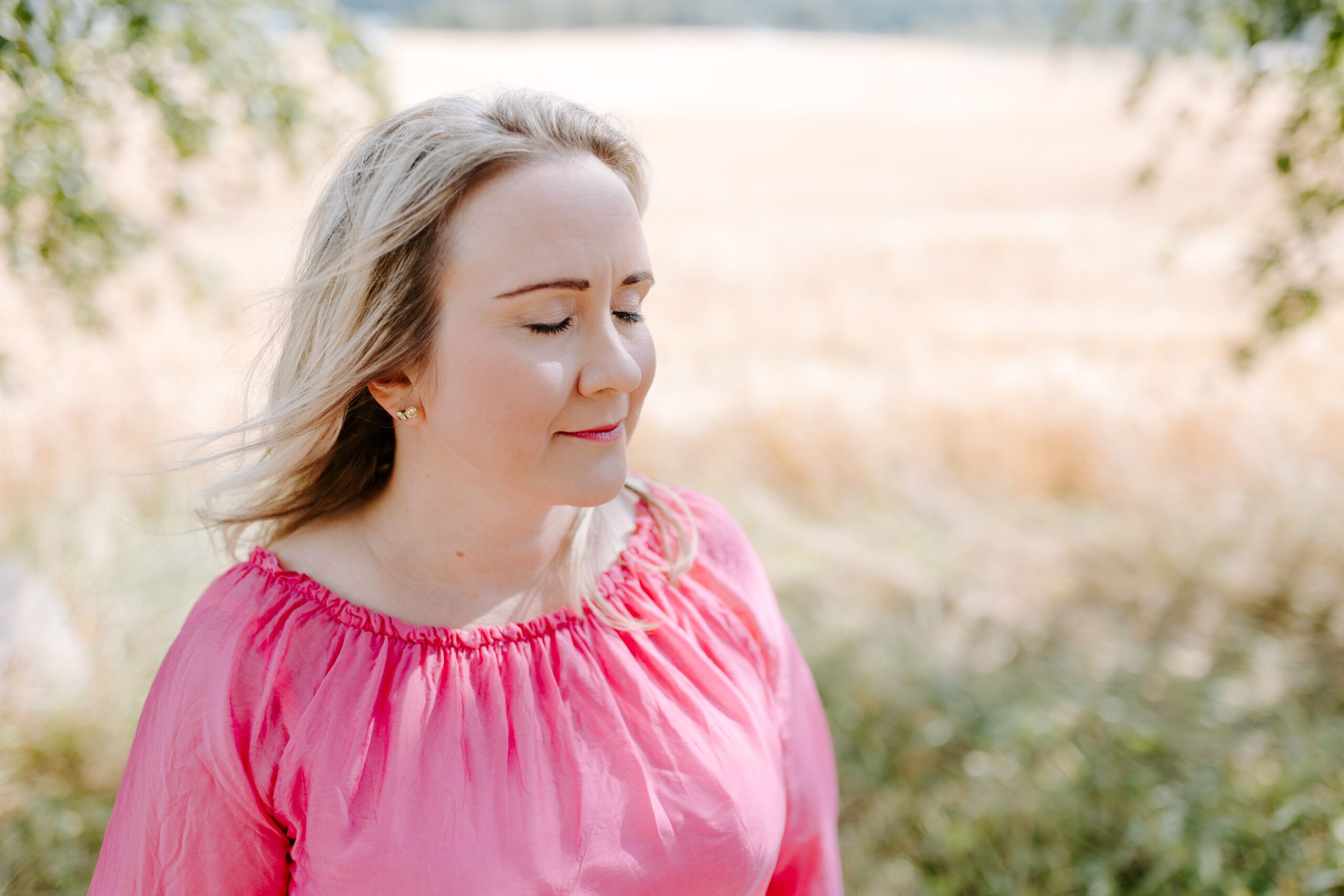
TO BREAK UP OR NOT TO BREAK UP? Should I stay or should I go?
How do you know if you should leave or not. How to make the decision to break up or to improve your relationship? To break up or not?
